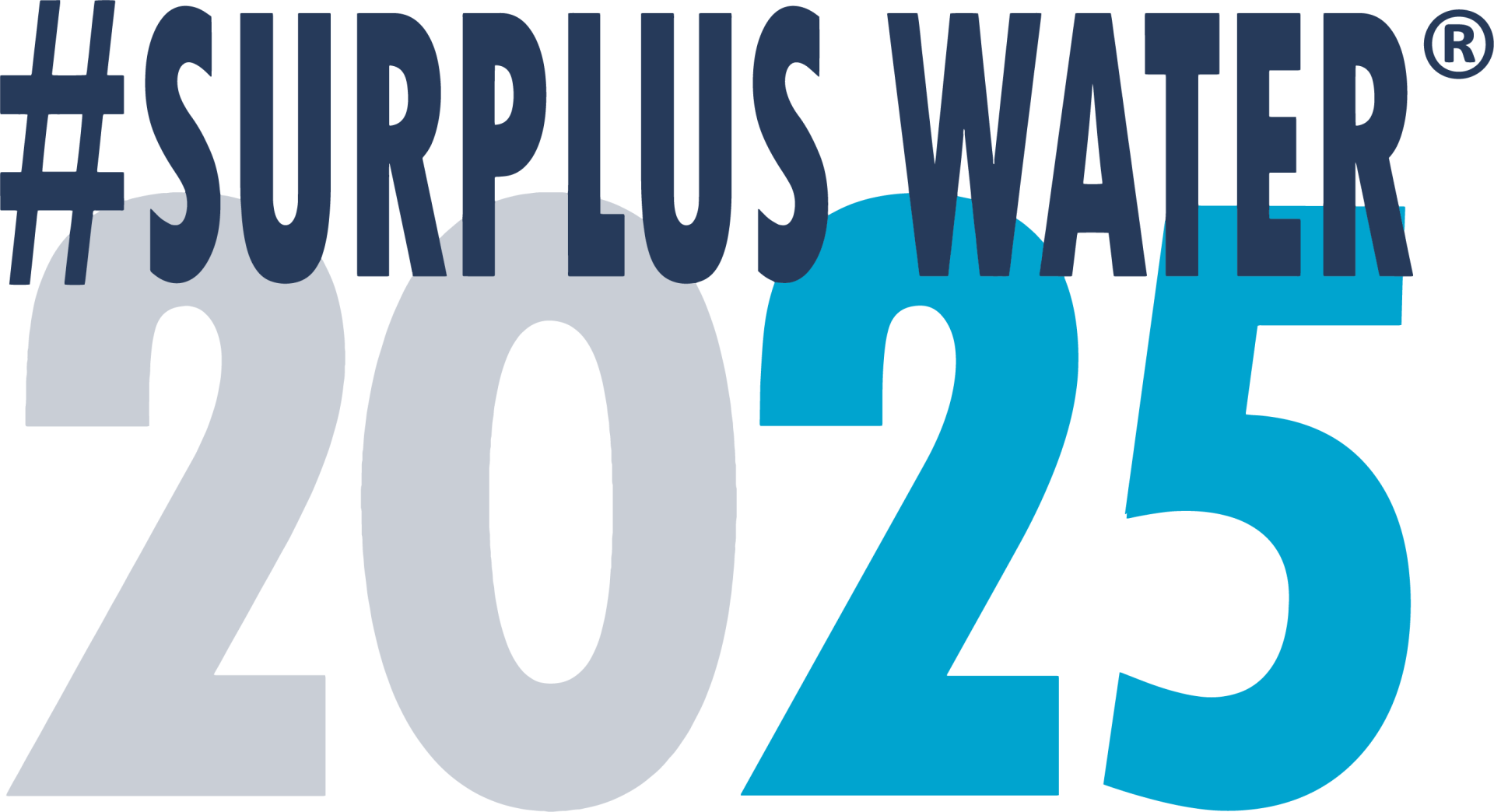Five Freshwater Facts on Wetlands
Mar 7
/
Aldert Brink
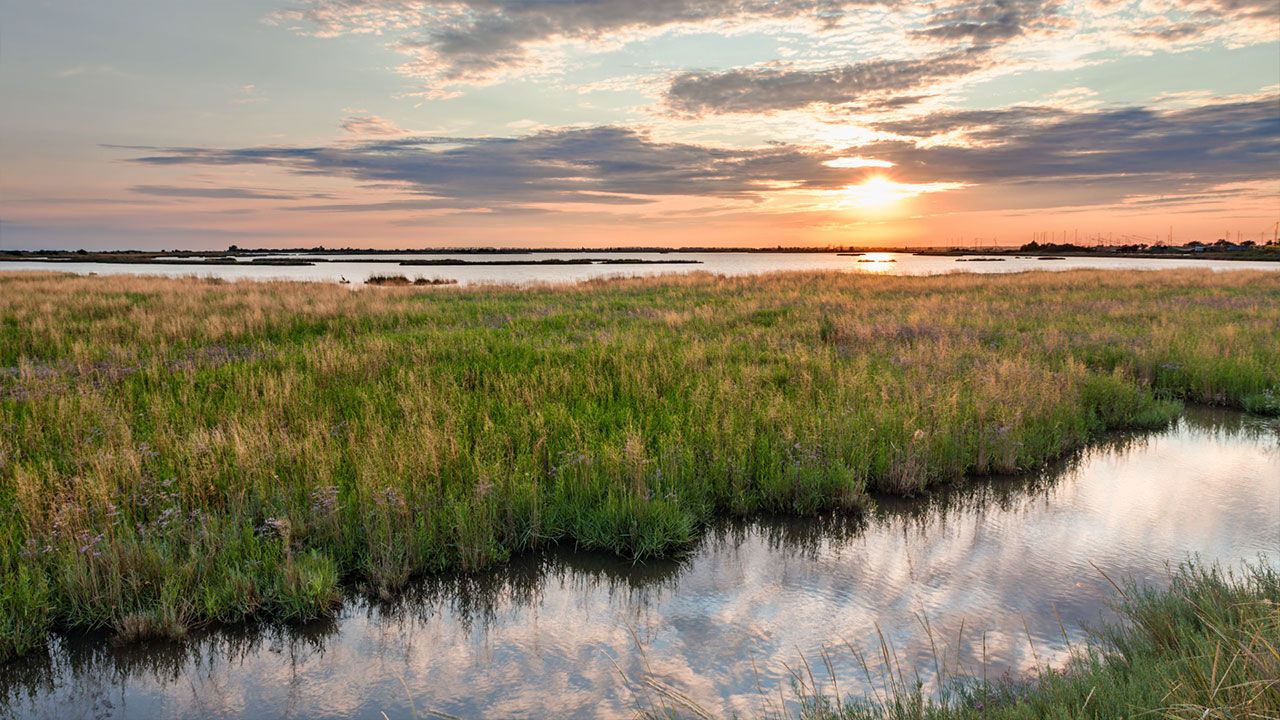
Wetlands are essential for the health of our planet and the well-being of all living things. It is important to protect these valuable ecosystems for future generations. They provide us with clean water, flood protection, habitat for wildlife, and many other benefits. Here are Five Freshwater Facts on Wetlands.
1. Havens for Biodiversity
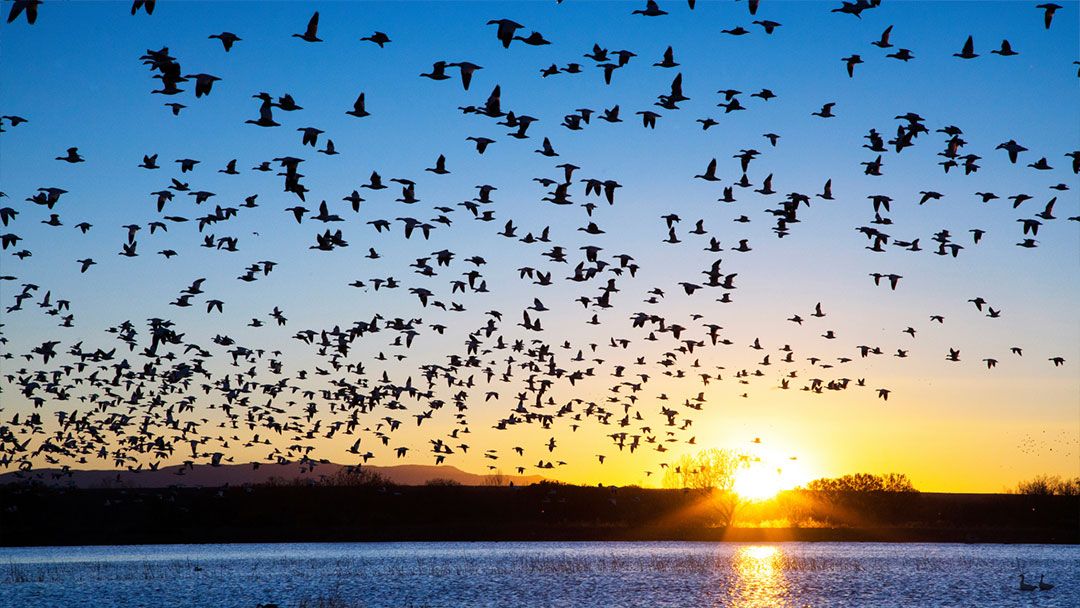
Wetlands are incredibly rich in biodiversity, supporting a wide variety of plant and animal species. They provide habitats for numerous species of birds, fish, amphibians, and mammals, many of which are endangered or threatened. Many wetlands serve as critical stopover points for migratory birds during their long journeys between breeding and wintering grounds. These areas provide essential food, water, and shelter for birds traveling thousands of miles each year.
2. Guardians Against Pollution and Climate Change
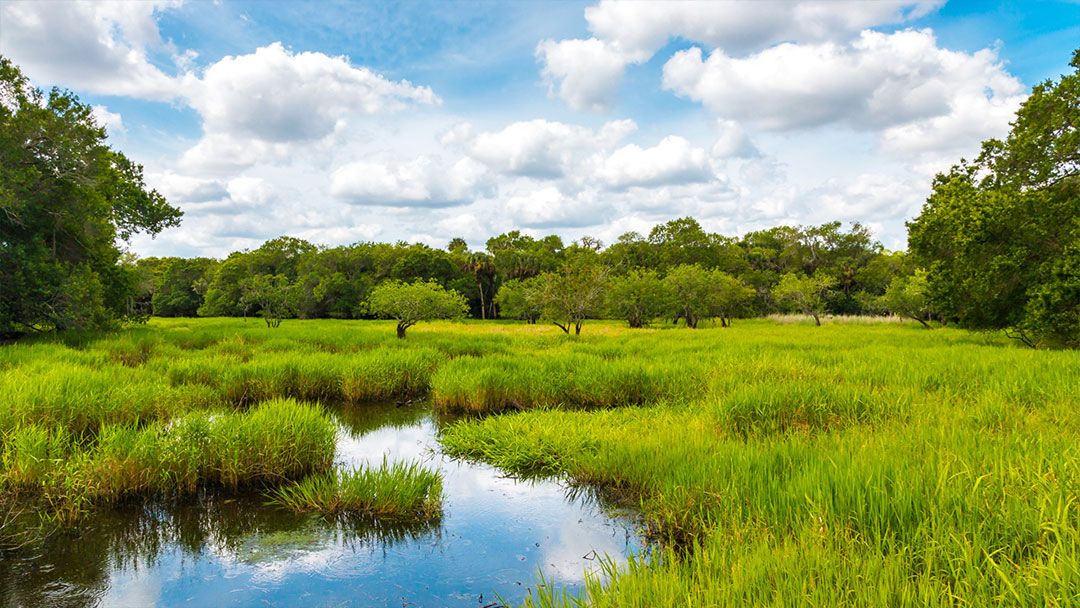
Wetlands act as natural filters, purifying water by trapping sediments and removing pollutants such as heavy metals, excess nutrients, and harmful chemicals. This filtration process helps to improve water quality downstream. Peatlands, a type of wetland, are a major store of carbon and play a crucial role in carbon storage and sequestration. They store twice as much carbon in their soils and vegetation as all the world's forests combined. This mitigates climate change by removing carbon dioxide from the atmosphere. When peatlands are drained or burned, this carbon is released into the atmosphere, contributing to climate change.
3. Risk Mitigators of Floods and Droughts
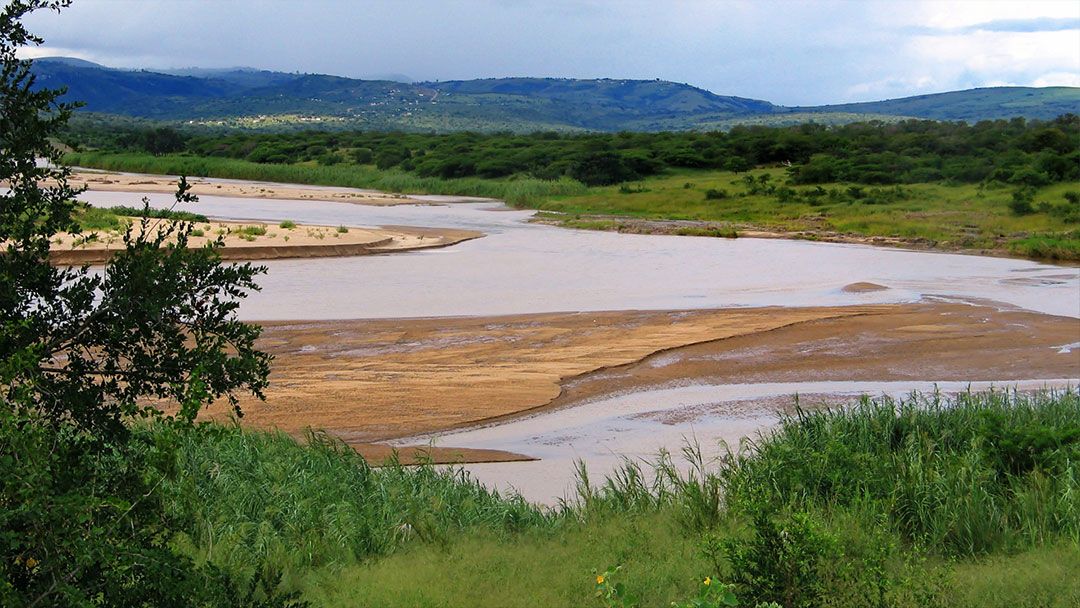
Wetlands act as natural reservoirs, storing water during wet periods and releasing it gradually during dry periods. This helps to regulate water flow in rivers and streams, maintaining stable water levels and preventing both floods and droughts. They act as natural buffers against floods by absorbing and storing excess water during heavy rainfall or storms. They help to reduce the risk of flooding in adjacent areas by acting as sponges that slowly release water over time.
4. The Cultural and Recreational ‘Go-To’
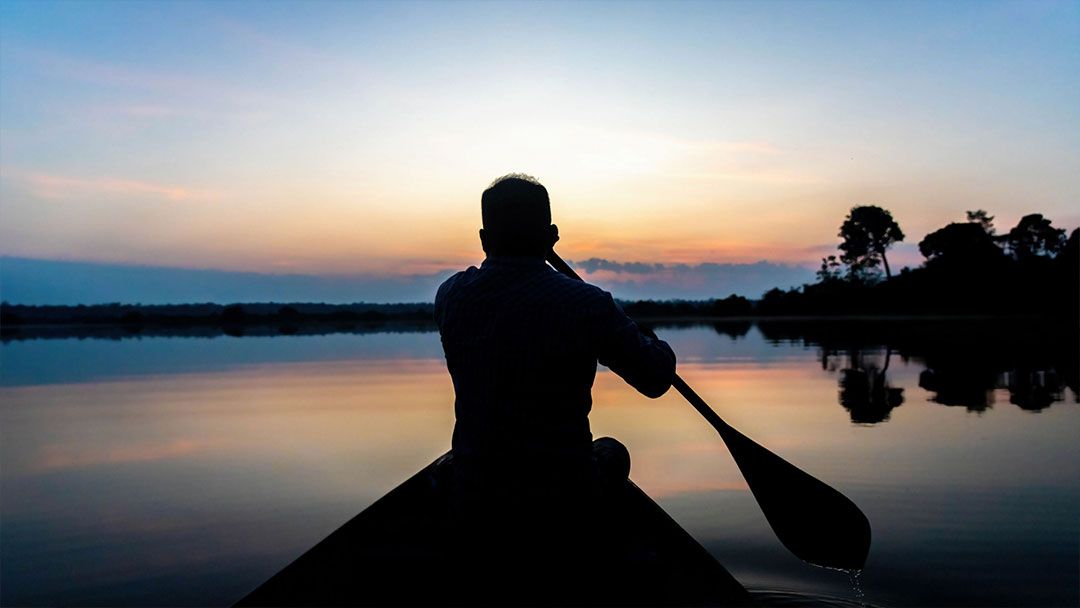
Wetlands hold cultural significance for many indigenous communities around the world. They are often considered sacred sites and play important roles in traditional ceremonies, folklore, and spiritual beliefs. Wetlands also provide recreational opportunities such as birdwatching, fishing, boating, and nature photography. Many people visit wetlands for leisure activities, contributing to local economies through tourism.
5. A Balancing Act Between Economic Benefits and Conservation Challenges
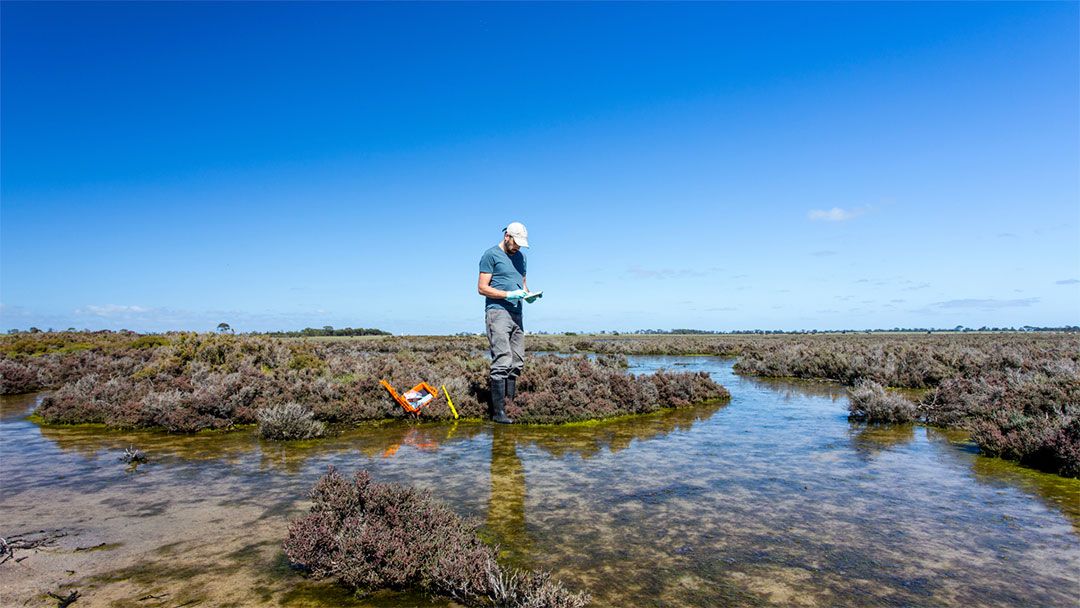
Wetlands provide valuable ecosystem services that contribute to the economy. They support commercial fisheries, agriculture, and forestry industries, as well as providing opportunities for ecotourism and recreational activities. Unfortunately, this puts wetlands among the most vulnerable and threatened ecosystems globally. They are often drained for agriculture, urban development, and infrastructure projects, leading to loss of habitat and biodiversity. Conservation efforts are crucial to protect and restore these valuable ecosystems for future generations.
The good news is, we can still be the change wetlands need. By supporting conservation efforts, raising awareness, and advocating for sustainable solutions, we can ensure these irreplaceable ecosystems continue to thrive for generations to come. Remember, protecting wetlands isn't just about safeguarding nature; it's about safeguarding our own well-being and economic future.
More stories on Freshwater:
Empty space, drag to resize
Join the conversation
Follow us on Facebook or Instagram for more Stories of Water.
Empty space, drag to resize
Who we are
A community of water warriors, working together to raise water awareness, saving every drop and together, aiming for surplus water in South Africa.
Get in touch
-
South Africa, Earth :)
-
droppie@surpluswater2025.com
#SurplusWater2025 Copyright © 2026
